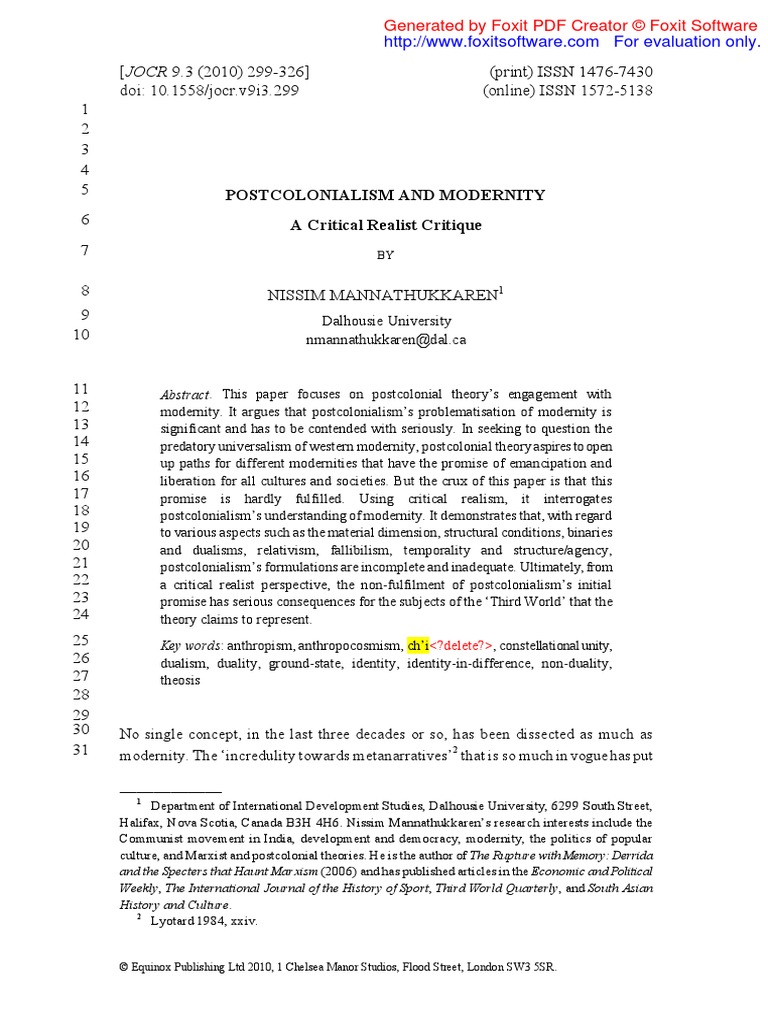Difference Between Positivism And Interpretivism Pdf Creator

• • • Positivism is a stating that certain ('positive') knowledge is based on and their properties and relations. Thus, information derived from, interpreted through and, forms the exclusive source of all certain knowledge. Positivism holds that valid knowledge (certitude or ) is found only in this. Verified data (positive facts) received from the senses are known as; thus positivism is based on. Positivism also holds that, like the physical world, operates according to general. And is rejected, as are and because metaphysical and theological claims cannot be verified by sense experience. Although the positivist approach has been a recurrent theme in the history of western thought, the modern approach was formulated by the philosopher in the early 19th century.
Comte argued that, much as the physical world operates according to gravity and other absolute laws, so does society, and further developed positivism into a. Contents • • • • • • • • • • • • • • • • • • • • • • • • • • Etymology [ ] The English noun positivism was re-imported in the 19th century from the French word positivisme, derived from positif in its philosophical sense of 'imposed on the mind by experience'. The corresponding adjective (lat. Positīvus) has been used in a similar sense to discuss law ( compared to ) since the time of.
Overview [ ] Antecedents [ ] Positivism is part of a more general ancient quarrel between and, notably laid out by and later reformulated as a quarrel between the sciences and the, Plato elaborates a critique of poetry from the point of view of philosophy in his dialogues 245a, 209a, 398a, 817 b-d. (1833–1911) popularized the distinction between (humanities) and Naturwissenschaften (). The consideration that laws in physics may not be absolute but relative, and, if so, this might be more true of social sciences, was stated, in different terms, by in 1725. Vico, in contrast to the positivist movement, asserted the superiority of the science of the human mind (the humanities, in other words), on the grounds that natural sciences tell us nothing about the inward aspects of things. Positivists [ ] Positivism asserts that all authentic knowledge allows verification and that all authentic knowledge assumes that the only valid knowledge is scientific. Thinkers such as (1760–1825), (1749–1827) and (1798–1857) believed the, the circular dependence of theory and observation, must replace in the of thought.
[ ] (1858–1917) reformulated sociological positivism as a foundation of. (1833–1911), in contrast, fought strenuously against the assumption that only explanations derived from science are valid.
Positivists believe that sociology is a Interpreti vists believe that society science. Bertolt brecht majka courage i njezina djeca pdf download free. The study of society should be cannot be treated as a science. They carried out in the same way as the natural feel t hat ahuman stic pproac must be world. Research shoul dstart with a use. Difference between oracle schema and mysql schema.pdf. The difference between positivism. This difference between acceptance. Rhetoric of Positivism Versus Interpretivism: A Personal.